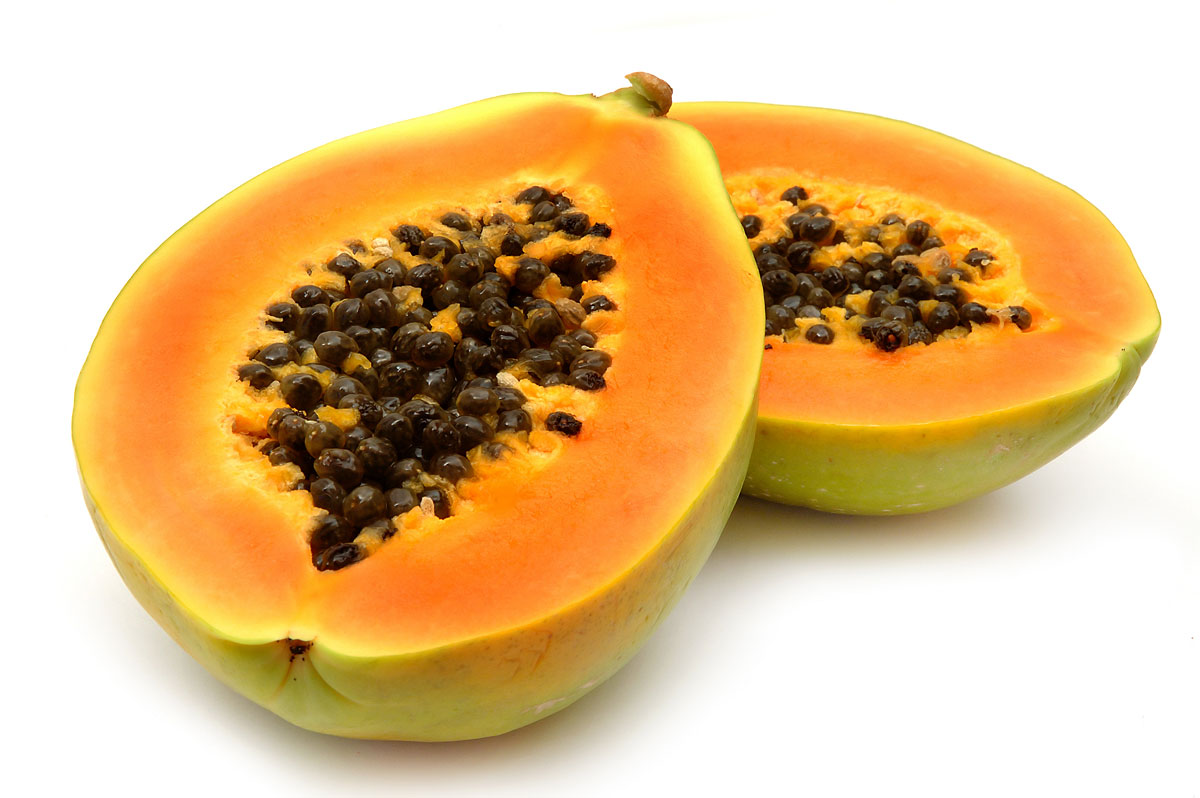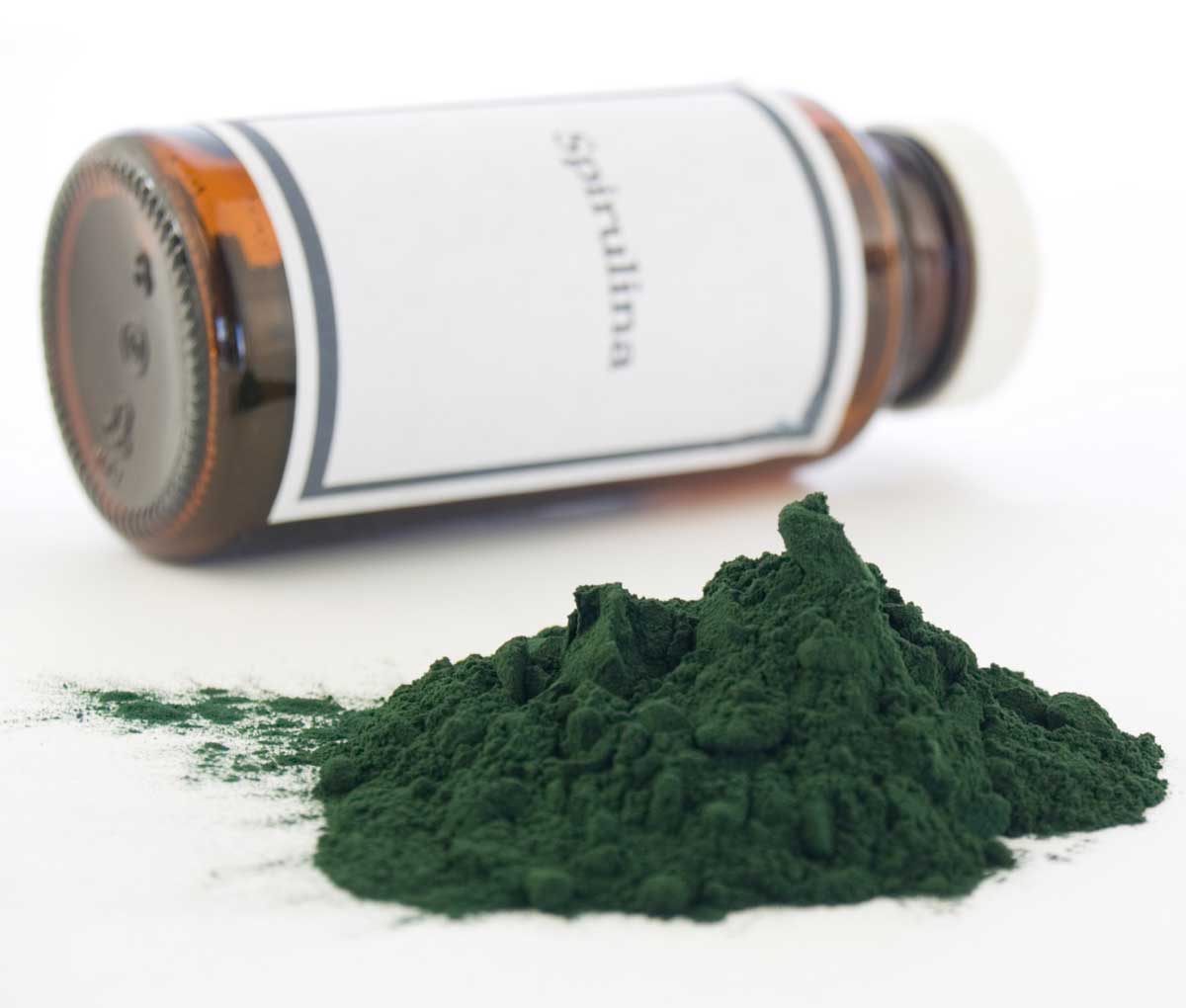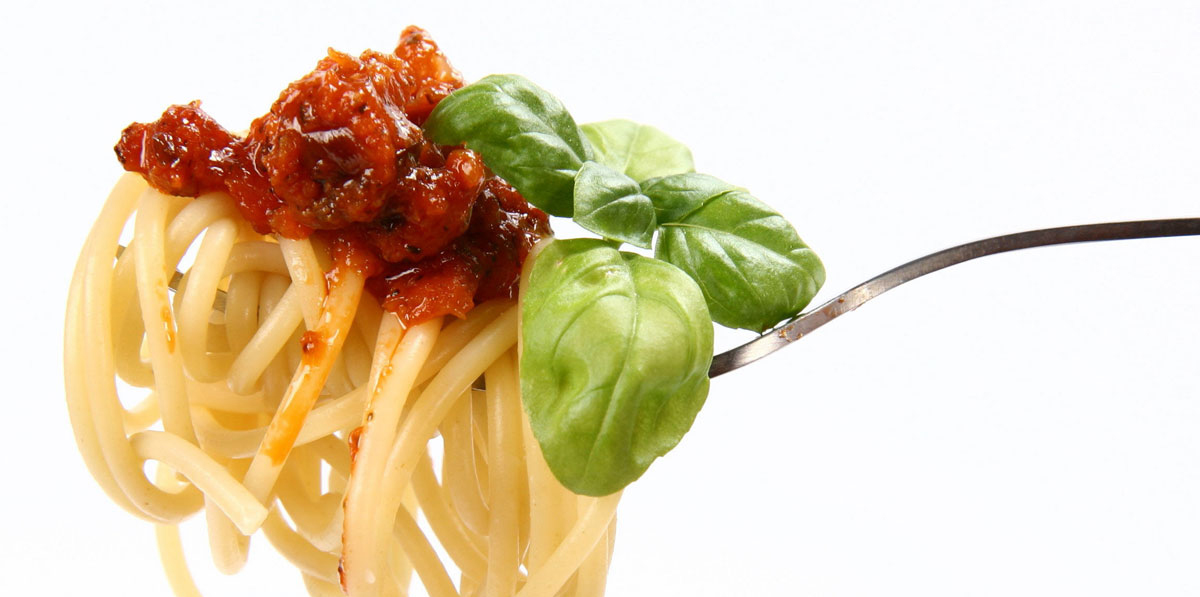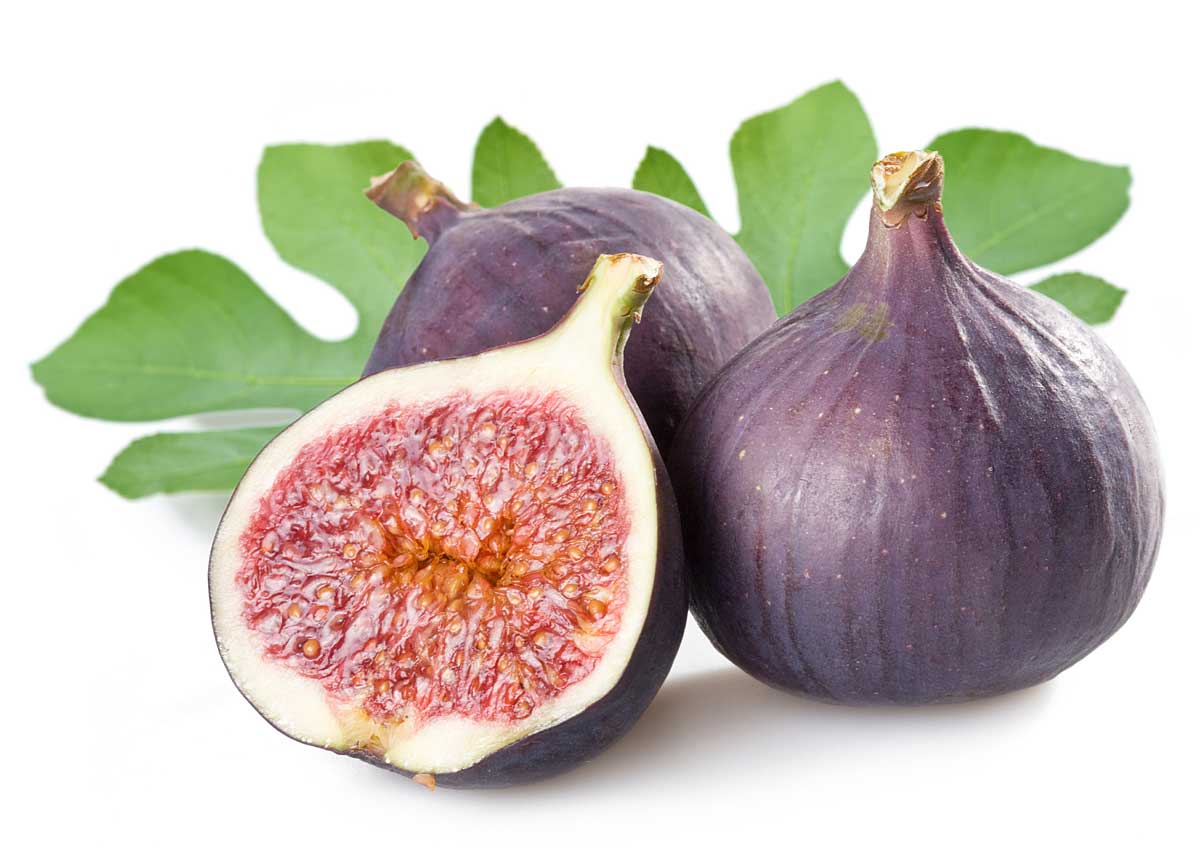
I Saw a Film Today, Oh Boy… Alan G. Parker’s Beatles Movie in Review
May 29, 2017
Clubs of the Future – Devonshire Club in London Points the Way
June 8, 2017
How a colourful meal can help stop travellers’ blues (and other tips for decreasing stress and increasing immune function while travelling).
By Elisa T. Keena
Long queues, delays, weather issues …STRESS!
Uncertainty, lack of sleep, time changes, disruption of circadian rhythms …STRESS!
Fast food, processed food, airport food, different food …STRESS!
Cabin pressure, bacteria, pesticides, mould …STRESS!
Business dinners, airport bars, delays …STRESS!
Whether you are travelling for business or pleasure, being in an airport, airplane, or hotel can increase stress on your physical, mental and, yes, even spiritual body (it’s difficult to remain Zen on a two-hour security line). When the body is under physical or mental stress the immune system is depressed. If it then encounters bacteria, viruses, and different antigens, it is more susceptible to illness.
Whether tourist or road warrior, most travellers have suffered from jet lag and fallen prey to a cold or sickness after travelling. With a little bit of knowledge, awareness and preparation you can limit the negative effects of travelling on your body. You’ll enjoy your trip, be alert for business meetings, and avoid illness.
The frequent traveller should incorporate some of these suggestions into their daily routine, while the occasional traveller should incorporate some of these suggestions 7-10 days before travelling. It is important to know your body: how it reacts to different foods, lack of sleep, time changes, and medical history. Then you can choose which of these strategies will work for you. Of course, before adding any supplements or herbs, you should check with your medical practitioner.
Let’s take off with the effects of air travel on the body. Usually, you arrive at the airport tired, rushed and nervous. Next, you go through security and have to wait. Chances are you’ll go to a bar or a restaurant to grab a bite or buy something to eat on the plane. What should you choose?
If it’s an overnight flight, you want to simulate a normal night’s sleep, keep awake and eat close to the normal breakfast time at your destination. This will help reset the circadian rhythms. Meals that include a high carbohydrate content and a small amount of protein are the best choice to encourage sleep. Tryptophan is an amino acid found in complex carbohydrates, dairy products, beans, nuts, seeds, rice, meats and seafood. In the body it is changed into serotonin, which regulates appetite, sleep and mood. Serotonin is used to make melatonin in the brain to help induce sleep. Calcium aids this process, which could be expressed like this:
Tryptophan → Serotonin + Calcium → Melatonin → Sleep
| Herbs | Supplements |
|---|---|
| Andrographs | Reduces symptoms of colds; stimulates the immune system; halts viral growth |
| Echinacea | Prevents colds, flu and infection (cannot be taken continuously) |
| Eleuthero | Helps the body adapt to stress |
| Elderberry | Halts viruses, respiratory infections |
| Green Tea Fights | infections by supporting the liver; antioxidant |
| Astragalus | Fights infection; supports the liver for detoxification, circulation |
| Quercitin | Anti germ activity |
| Beta Glucan | Offsets risk of colds; boosts immune system |
| Goldenseal | Enhances immune system |
| Olive leaf Extract | Immune enhancing; improves allergies |
| Probiotics | Protects the gut from infections |
| AHCC- mushroom | supplement Enhances the immune system |
| Cayenne pepper | Stimulates the immune system |
| Oregano | Stimulates the immune system; anti fungal |
Meals that are high in carbohydrates and low in proteins stimulate the production of melatonin. This helps you sleep and maintain blood sugar during your sleep. You should choose dishes that include pasta, rice and beans, couscous, tabbouleh, falafel, lentils, high carbohydrate vegetables (potatoes, sweet potatoes, plantains, corn) and nuts and seeds (sesame or sunflower) that are high in tryptophan.
Of course whole grains are always more nutritious than processed grains and aid in keeping the immune and gastrointestinal (GI) systems on track. Depending on your choices, it may take an hour or two for the ingested tryptophan to take effect on the brain. It is important that you don’t have too much simple sugar, sweets, candies and cakes. Keep to the complex carbohydrates!
When you arrive at your destination, eat high protein foods with little or no carbohydrates content. This will stimulate the body to wake up and maintain blood sugar levels, keeping you alert. High protein foods stimulate the production of epinephrine, norepinephrine, and dopamine, which help the body maintain an alert state.
Some suggestions:
- Avoid sweet sugary foods, cakes, juices and sugar.
- Choose eggs, fish, meats, poultry.
- Plain yoghurt with added fruit and nuts is a good choice.
- If you choose whole grain cereals, oatmeal, bagels or croissants, add some protein (nuts, seeds, salmon, tofu) and have a protein snack mid-morning
- Whole fruits will provide vitamins, minerals and antioxidants (we’ll get to that later). So eat plenty of fruit in combination with your breakfast. Avoid fruit juices, though. The high sugar content will cause a drop in blood sugar and depress the immune system.
- Vegetable juices on the other hand, such as tomato or green drinks, are great and can often be purchased just before getting on the plane.
- And of course, have a caffeinated beverage. It takes about 15 minutes for caffeine to increase the adrenaline in your body. The effects can last up to six hours. Coffee has 105 mg caffeine a cup; teas usually around 35 mg a cup.
Besides food, you should be aware of other aspects of flying that will affect your immune system.
Cabin Air Pressure:
The pressure in the cabin is much lower than you would experience at sea level this causes gases in the body to expand and decreases the amount of oxygen in the blood. This can leave you feeling listless, dizzy, or faint and can also cause retention of fluid in the feet and legs.
Solution:
- Avoid high-salt foods, prepared foods, and canned juices if you are salt sensitive.
- Avoid foods that can increase gases such as apples, apricots, beans, broccoli, cabbage, cauliflower, and milk if you are lactose sensitive.
- Eating spirulina tablets can help with circulation and oxygenation.
- Keep blood sugar stable by avoiding simple sugars.
- Use aromatherapy to wake you up, as needed.
- Practice breathing techniques such as alternate nostril breathing to keep the brain alert or induce calm.
Confinement:
The enforced immobility and cramped space in some modes of travel is a major health concern. Long periods of immobility can cause leg swelling, pain and blood clots, all of which can lead to thrombosis.
Solution:
- Get up and walk around. Do stretches and exercises in your seat. Consciously direct your attention to each muscle group and isometrically contract them, starting at the calves and working your way up the body, to increase blood flow.
- Increase intake of Omega-3 fats found in fish such as salmon, sardines and herring, and nuts like flaxseeds, walnuts, hazelnuts, pecans or hempseeds
- Avoid saturated fats if you know you have an issue with this. These are fats which are solid at room temperature
- Consider supplementing with horse chestnut extract or ginkgo biloba. Also ginger, ginseng and cayenne can be added to foods and taken as teas or supplements. These boost the immune system (more on that later).
Dehydration:
Airplane humidity is approximately 20%. This will not lead to dehydration but can dry eyes, nose, throat and skin, which are our major barriers against pathogens. A disruption in their functioning can lead to an increased susceptibility to infection.
Solution:
- Drink eight ounces of water before getting on plane, and stay hydrated through out the flight. Make sure you are well hydrated before the trip. Alcohol and caffeine can be dehydrating so limit your intake or make up for it with extra fluid.
- Use eye drops or liquid tears to hydrate your eyes and moisturizer on your skin.
- Hydrating sprays with essential herbs and oils on your face can help retain moisture and relax or invigorate.
Colour your Plate:

Choose foods and herbs that boost the immune system. Oregano, echinacea, mushrooms, blueberries and a host of other nutrients all have immune-boosting properties. An easy way to make sure you are getting the immune support you need is to colour your plate. At every meal, add a food item or drink from the different colours on the list below. Road warriors, you may want to utilise some of the herbs* when you travel for an extra boost to the immune system.
When your body is under stress and your diet consists of foods low in nutrient value, it produces more free radicals, which damage the body and interfere with immune function. Antioxidants derived from fruits and vegetables can protect and repair this damage keeping your immune system strong and helping you fight off not just chronic diseases but colds, flu and other infections.
So to enjoy your trip in the bloom of health, just remember to:
- Choose the right meal for the right purpose
- Stretch
- Relax
- Stay hydrated
- Take your supplements
- Watch the caffeine and alcohol
- Colour your plate

Meal/Snack Suggestions for inducing Sleep
-
Pasta with parmesan cheese
-
Cheese with whole wheat crackers/bread
-
Scrambled eggs with a little cheese or tofu
-
Salads with sesame seeds or almonds
-
Hummus and whole wheat pita
-
Whole grain cereals with milk
-
Bulgur and vegetable salad
-
Lentils
-
Meat or fish with starchy vegetable
-
Rice and beans
-
Peanut butter sandwich
-
Dates, papaya, bananas or figs
-
Tofu and vegetables
-
Pumpkin seeds
-
Quinoa salad with sesame seeds
-
Spirulina – tablets or seaweed salad
-
Tamari or soy sauce and sushi (if not salt-sensitive)
-
Lentil soup
-
Avocado and chips
-
Wild cherry juice
| Colour | Choices | Nutrient | What it does |
|---|---|---|---|
| Yellows/Oranges | carrot, kiwi, lemon, sweet potato, mango, pumpkin, apricots, cantaloupe, squash, peppers, dried cayenne & chilli pepper, papaya, figs, persimmons, peaches, nectarines, pineapple, sweet corn, tangerines | Vitamin ABeta Carotene, Antioxidants Flavinoids | Helps maintain skinIncreases white blood cell activityHelps fight off viral infections |
| Reds | watermelons, peppers, beets, strawberries, grapes, tomatoes, cherries, cranberries, pomegranate, radicchio, radishes, raspberries, red chilli peppers | Vitamin C Carentoids Antioxidants Flavonoids Ellagic acid Quercetin Capsaicin | Scavenge free radicalsAnti-inflammatory propertiesAllergy reliefImmune boostingCancer fightingJoint supportCardio protective |
| Green | arugula, asparagus, avocado, broccoli, broccoli rabe, Brussels sprouts, endive, cucumbers, green apples, leafy greens, watercress, courgettes, basil, oregano, thyme, tarragon, cilantro, spirulina, sea weed | Vitamin CFlavonoids Luteinfiber Folate Calcium Beta carotene | Boost immune systemCancer fightingLower blood pressureNormalise digestion timeMaintain Eye healthAid in detoxifying bodyPrevent the formation of carcinogens |
| Blue | black currants, blackberries, blueberries, plums, aubergines, grapes, purple potatoes, purple grapes, cabbage, raisins | Flavonoids Ellagic Acid Vitamin C Quercetin Phenols Tanins Reservatrolfiber | Boost immune systemSupport healthy DigestionDecrease free radicalsInhibit cancer cellsLower Cholesterol |
| Brown and White | pears, cauliflower, garlic, ginger, artichokes, jicama, mushrooms, onions, potatoes, shallots, parsnips, bananas, oats, barley, teas | Beta-Glucans, fiberCatechin, Epicatechin Polyphenols Vitamin A,Vitamin BCaffeine:
Teas- Black (45-60 mg/cup) Green and White (15-20mg/cup) |
Boost immunityInfluence T cell formationMaintain GI TractAnti inflammatoryCardiac healthSupport healthy nervous system |





